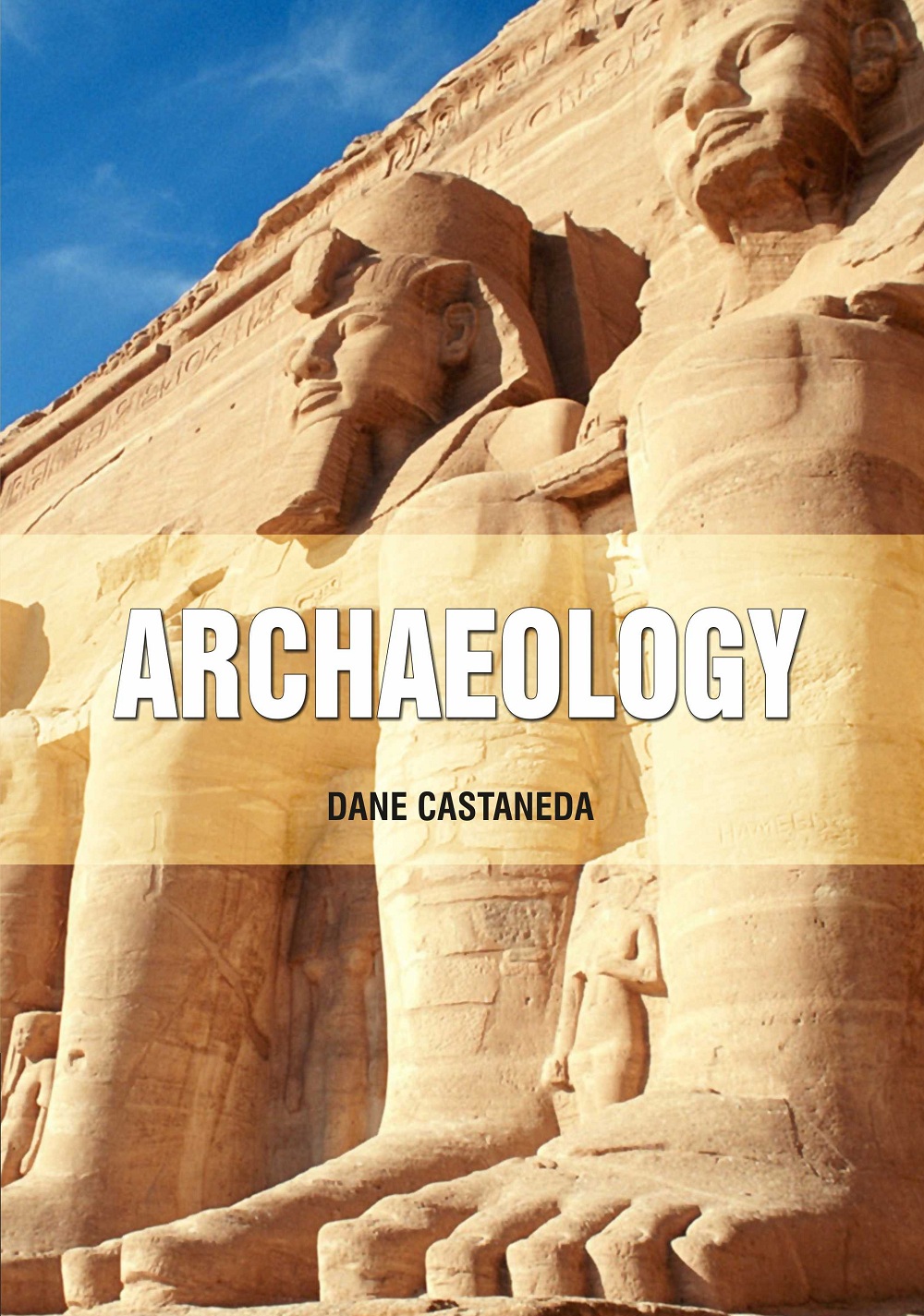Archaeology Dane Castaneda
- ISBN: 9781788822831
- Edition: 1st
- ©Year: 2020
- List Price : 140
About the Book
Archaeology is the scientific study of past cultures through analysis of physical remains. Essentially, physical remains are bones of early people as well as their manufactured tools, goods (artifacts), and the foundations of settlements. Archaeologists search for and analyze these remains in order to understand something about the culture of the people that left them. Archaeologists often work closely with historians and anthropologists. Antiquarianism is the earliest stage of archaeology. Named for the process of collecting and displaying historical treasures, antiquarianism was generally the domain of wealthy individuals who had the resources to spend time searching for, acquiring, and displaying artifacts. These individuals were motivated by a variety of reasons from nationalism (for instance, the history of the land of their birth) to religious reasons (the examination of Biblical manuscripts). Note that the beginnings of antiquarianism are ancient and may go back to (or further than) the Greek historian, Herodotus, in the fifth century BCE. Today archaeology is a precise science. Archaeologists' tools include radioactive carbon dating and geophysical prospecting.The discipline is strongly influenced and even driven by humanities like history and art history. However, it is, at heart, intensely methodical and technical. But archaeology hasn't always been precise. In fact, it hasn't always been a science. Archaeology originated in 15th and 16th century Europe with the popularity of collecting and Humanism, a type of rational philosophy that held art in high esteem. The inquisitive elite of the Renaissance collected antiquities from ancient Greece and Rome, considering them pieces of art more than historical artifacts. The bookfocuses on the present state of our understanding of archaeology of the early historic period. It explores archaeological methods - aims, objectives and practices. It addresses key issues that are traditionally associated with early historic archaeology.
Contents: 1. Definition, Aims and Scope of Archaeology, 2. Historical Background of Archaeology,
3. Development of Archaeology, 4. Archaeological Evolution of Culture (Human Origin to Complex Societies), 5.Theoretical Foundations in Archaeology, 6. Value of Archaeology.
Dane Castaneda is Lecturer in Archaeology at the School of Art History and Archaeology. His previous publications indudeThe Archaeology of Muslim, Archaeology and World Religion and the Archaeology of Muslim in Sub-Saharan African country. His influence on generations of thinkers in the areas of sociology, social science, queer theory, cultural studies, and critical thinking are not to be underestimated. Among his many books were the Foucault Reader, Society Must Be Defended, and Great Ideas. A former president of the Society for Archaeology and current editor of Antiquity, Castaneda has published over 127 articles and books. Dane Castaneda's initial study of these subjects used an archaeological method, which involved sifting through seemingly unrelated scholarly minutia of a certain time period in order to reconstruct, analyze, and classify the age according to the types of knowledge that were possible during that time.

